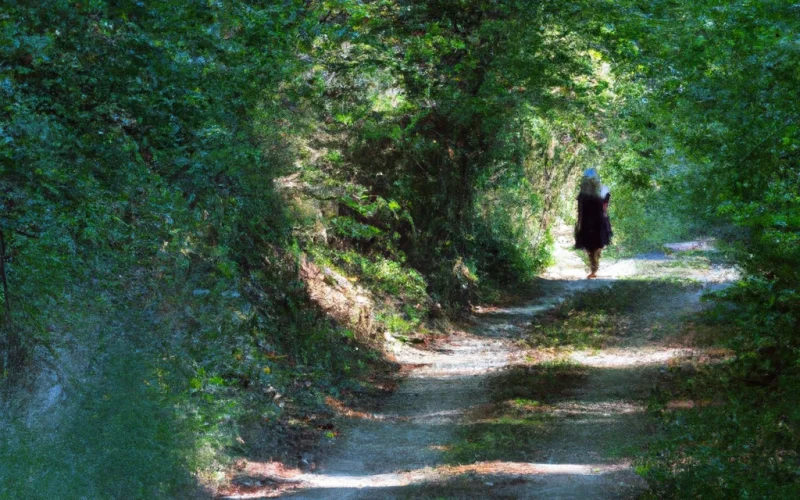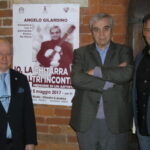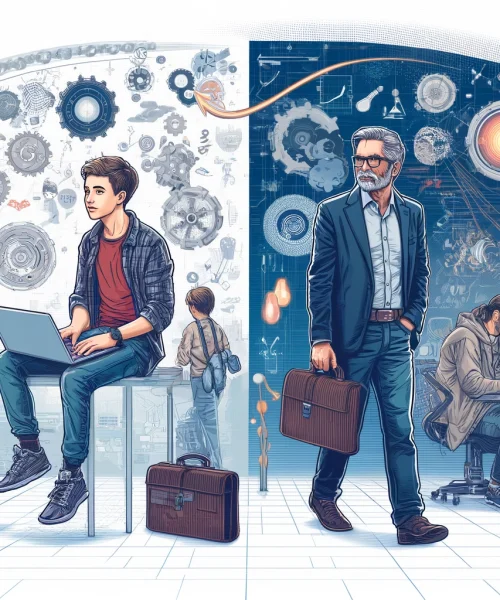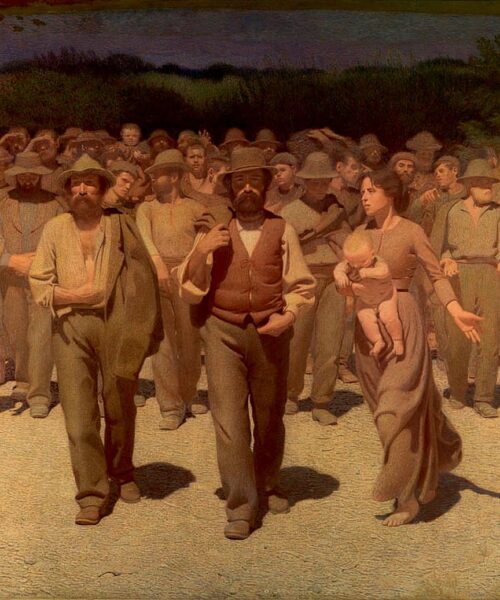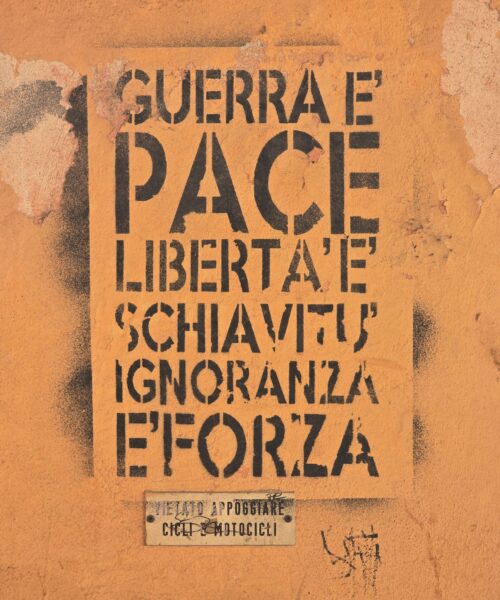J.R.R. Tolkien, through his majestic trilogy “The Lord of the Rings,” has gifted the world not only a masterful work of fantasy but also provoked deep reflections on sociological issues. One of the most evocative phrases is uttered by Bilbo Baggins: “It’s dangerous, Frodo, stepping outside your door. You start a journey, and if you don’t keep your feet, there’s no knowing where you might be swept off to.” These words open up multiple perspectives. In a constantly changing world, Bilbo’s words serve as both a warning and a stimulus to ponder our position in society and the life choices we make.
The Step Towards the Unknown and the Comfort of the Known
The door, in Bilbo Baggins’ eloquent reflection, represents the boundary between what we know and what is foreign to us. This symbolism deeply touches our nature, as we often find ourselves at the crossroads between routine and adventure. Naturally, we gravitate towards the familiar: the known rhythms, solid traditions, and everyday routines. This refuge, this “comfort zone,” offers us security and predictability.
But beyond that symbolic threshold, a universe of opportunities awaits us, often left unexplored due to our fears and uncertainties. Crossing that door requires courage. It implies a determination to experiment, to test oneself, and to discover new perspectives. Such a choice is a true invitation to transcend ourselves, breaking the barriers of the everyday to immerse ourselves in yet undiscovered realities.
Of course, stepping out of our comfort zone has its dangers. We may encounter unexpected challenges, moments that test our tenacity and adaptability. Yet, it is in these moments that our true potential is revealed, where we have the chance to mature and enrich ourselves through new experiences.
In conclusion, the door evoked by Bilbo transcends its role in the narrative. It is a powerful symbol that invites us to dare, to face the unknown, and to overcome our insecurities, all for the sake of our growth and inner transformation.
The Journey of Life and the Unpredictability of Fate
The “road” is a symbol that has captured the imagination of poets, thinkers, and writers for centuries. It evokes journeys, adventures, and, above all, the odyssey of life. Tolkien, through Bilbo’s words, celebrates this symbolism, painting life as an adventure filled with riddles and trials.
Imagine life as a road unfolding before us, made of turns, crossroads, ascents, and descents. It’s impossible to anticipate what lies behind each turn or what scenery will surprise us over a hill.
Starting a journey is like making a “deal” with the unexplored. Although we can plan and expect certain events, life often reserves surprises, pleasant or otherwise. Some of these detours are born from our decisions, while others seem completely out of our control, evoking concepts of fate or chance.
Fate speaks of those aspects of life that are preordained or inevitable. Uncertainty, on the other hand, reminds us how unfathomable life is, and that despite our efforts, there will always be elements beyond our control.
Recognizing these concepts, we embrace the delicacy and splendor of the human condition. Life thus becomes an adventure of discovery, where the unknown can inspire not only fear but also wonder. The real endeavor is to travel this road with courage, openness, and curiosity, accepting with equanimity the delights and pains that fate offers us.
Destiny and Personal Choices
The relationship between destiny and will has sparked debates in various fields, from philosophy to theology and literature. Tolkien, with Bilbo’s voice, explores the delicate balance between what is predetermined and our choices.
“Steering our feet well” evokes the concept of responsibility. It’s a call to proceed with awareness, to carefully determine our path. Although life presents surprises and is influenced by external factors, each individual has control over their direction.
In this framework, every choice, every step, takes on profound significance. Every decision, big or small, shapes our destiny. This underlines the essence of living purposefully, of being present and acting consciously rather than passively.
But responsibility is not only in action. It also includes reflection, acknowledging our mistakes, and learning from them. This internal process enriches our self-understanding, revealing motivations and values.
In conclusion, while fate may outline a general course, it is our conscious decisions that define the details of the journey. Bilbo urges us to proceed with confidence, to be the architects of our destiny, and to fully assume its responsibility.
Travel and Encountering Diversity
“Setting foot on the road” immediately brings to mind journeys, adventures, and changes. In an era marked by strong globalization, where technology and modern transportation have shrunk distances, traveling has become an integral part of our lives.
Mobility takes on various facets. It can be as simple as moving from one city to another or as significant as relocating to a new country. But it goes beyond the physical, touching upon movement through social classes and contexts. At the heart of it all is the encounter with “the other”: the different, the unknown, sometimes the surprising.
This encounter brings challenges, both tangible like language barriers or work adaptations, and intangible, related to perceptions and values. Encountering a new culture can stimulate questions about one’s beliefs and priorities.
But with challenges also come opportunities. Travel broadens perspectives, enriching the soul and mind. It offers the chance to learn languages, discover new traditions, and savor exotic foods. More than mere acquisition of knowledge, it fosters a deep sense of empathy, tolerance, and openness to the new.
In summary, the act of traveling in the current global era is an educational adventure. Each encounter and discovery shapes the individual, offering a broader and enriched view of the surrounding world.
Embracing Change
Change is an inevitable constant in life. Each of us, throughout our existence, faces transitions, surprises, and new possibilities. Bilbo’s words poetically underline this reality and the essence of embracing change with an open heart.
Adapting to the new is never easy. It requires flexibility, courage, and the ability to overcome one’s barriers. These can stem from the fear of the unknown, the comfort of routine, or the difficulty of leaving the known. But as Bilbo suggests, anchoring too much to the known can hinder personal growth.
Recognizing change as an opportunity can make a difference. With each new challenge comes the chance to learn, to broaden horizons, and to reconnect with oneself. It is in these moments of adaptation and rebirth that we truly grow, increasing our resilience and self-awareness, and understanding of the world.
Beyond the individual, change has a profound impact on the collective. A society that can adapt and renew itself is destined to thrive. Encountering the new can enrich cultures, traditions, and values, fueling a virtuous cycle of ideas and innovations.
In short, Bilbo’s message is a universal call. It invites us to see change not as a threat but as a traveling companion, essential for our growth and evolution, both individually and as a community.
The words of a Hobbit, immersed in the simplicity of a fantasy universe, actually become a bridge to the depths of the universal themes of human existence. Tolkien, with his unparalleled narrative touch, goes beyond adventures in enchanted lands, prompting deep meditation on the invisible currents that move our existence and the fabric of social relationships. Thus, what initially might appear as a tale of magic and legend elevates, offering us a mirror in which to recognize the colors, conflicts, and intrinsic beauties of the human journey.

